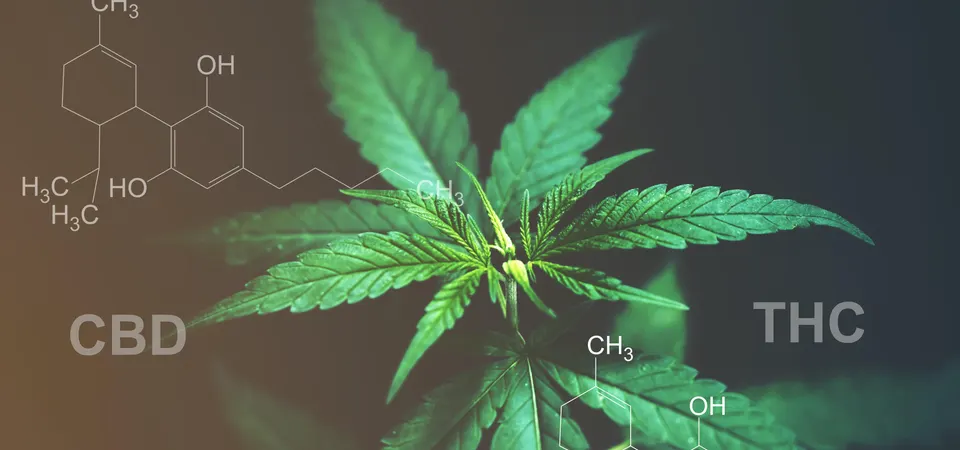In recent years, cannabidiol (CBD) has surged in popularity, captivating the attention of millions. Despite its widespread recognition, various myths and misconceptions continue to circulate, clouding the understanding of this remarkable compound. It’s time to shed light on the truth behind CBD and dispel the misunderstandings that often overshadow its potential benefits.
In this article, we unravel What is CBD, the mysteries surrounding CBD, separating fact from fiction, and presenting a clear perspective on what CBD truly is.
Unveiling the Essence of CBD
CBD does not induce a psychoactive “high” and is federally legal in the United States, provided it contains less than 0.3% THC. It’s important to note that CBD is just one of many cannabinoids found in the hemp plant, each with its own unique properties and potential benefits.
- Myth 1: CBD is Addictive
One prevailing myth suggests that CBD is highly addictive, just like THC. However, research indicates that CBD does not possess addictive properties. In fact, the World Health Organization (WHO) has stated that CBD exhibits no potential for abuse or dependence. This misconception likely stems from CBD’s association with cannabis, but it is crucial to differentiate CBD from THC and its psychoactive effects.
- Myth 2: CBD Gets You “High”
Another common myth is that CBD can produce a mind-altering effect similar to THC. This misconception is entirely unfounded. CBD is non-intoxicating, meaning it does not cause euphoria or impair cognitive function. Instead, CBD interacts with the body’s endocannabinoid system, which plays a vital role in regulating various physiological processes, such as pain perception, mood, and sleep.
- Myth 3: CBD is Only for Medical Use
While CBD has gained recognition for its potential therapeutic properties, it is not exclusively reserved for medical purposes. Many individuals incorporate CBD into their daily routines to support overall well-being and promote a sense of balance. From reducing stress and anxiety to improving sleep quality and providing relief from exercise-induced inflammation, CBD offers a versatile range of benefits.
- Myth 4: All CBD Products are the Same
The CBD market is brimming with an array of products, including oils, tinctures, edibles, topicals, and more. Factors such as extraction methods, source of hemp, and third-party lab testing can significantly impact the quality and efficacy of CBD products. It is essential to choose reputable brands that prioritize transparency and provide detailed information about their products.
- Myth 5: CBD Works Instantaneously
While CBD can offer relief for various conditions, it is important to set realistic expectations. CBD affects individuals differently, and the time it takes to experience its effects can vary. Some may notice immediate results, while others might require consistent use over time to achieve the desired benefits. Patience and finding the right dosage are key when incorporating CBD into your wellness routine.
Conclusion
In a world filled with myths and misconceptions, it is crucial to seek accurate information when it comes to CBD. By debunking common misconceptions, we can pave the way for a better understanding of this fascinating compound and its potential benefits. CBD offers a natural and versatile option for those seeking an alternative approach to wellness. Remember, knowledge is power, and by staying informed, you can make informed decisions about integrating CBD into your life.

